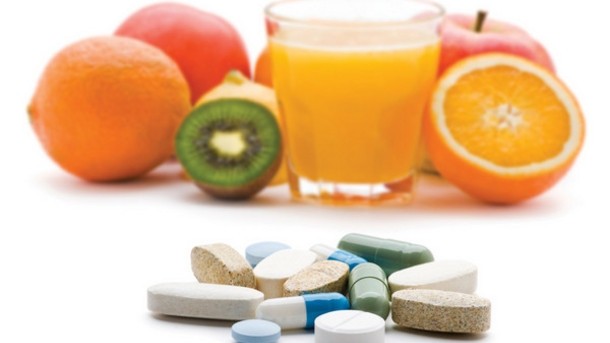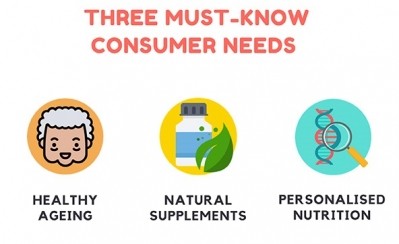Supplements in Singapore: What’s hot and what’s not as sales rise in the City State

Add into the mix a greater interest in anti-ageing, sports and fitness, and boosting vitality and immunity, and it’s not hard to see why South East Asia’s most developed market is frequently used by firms as a stepping stone to wider regional expansion.
But which products are flying off the shelves and which are those that are rapidly falling out of favour?
Using data presented at a Blackmores Institute symposium by Joy Chong, principal clinical pharmacist at Watson’s Singapore, we present some of Singapore’s most noteworthy product trends.
Essential to cognitive function?
Essence of chicken, Singapore’s most popular tonic drink, has seen constantly rising sales. It has long been touted to enhance cognitive performance and fight mental fatigue, and remains a favourite among many students and working adults.
Joint effort
Although studies assessing the joint-enhancing effects of glucosamine may vary, it is the fastest-growing supplement in Singapore. The country’s ageing population has largely contributed to this uptick, but glucosamine is also becoming more popular among physically active young adults.
Gut feeling
Increased awareness of the importance of intestinal microbiota has led to more probiotic products being sold in Singapore, although most major manufacturers concede there is still more to be done to educate consumers.
An increasing body of research suggesting that the benefits of probiotics extend far beyond gut health, along with their positive safety profile, indicates this sector is well positioned for future growth.
All-in-one convenience
Multivitamins and minerals have remained popular, but are increasingly being given an added twist. Products added with wholefoods like flaxseed, chia seed, plant sterols and wheatgrass are selling more, gaining a commercial edge over synthetic vitamins.
In Singapore, women are the main buyers of multivitamins, thanks to their growing spending power and tendency to be more conscious of their health and appearance. Furthermore, Singapore’s ageing population has led to them gaining traction among the elderly, while more parents are also buying them for their children.
Sporting success
Greater health consciousness has seen more consumers pursue active lifestyles, with many joining gyms and engaging in sports more regularly. This has led to an increase in sports nutrition products on the market, with nutritional drinks proving especially popular, mainly because of growing concerns about preservatives, additives, sugar, colouring and fillers used in some supplements.
Saving face
The idea of beauty from within has become more widespread in Singapore in recent years, and increased spending power, coupled with targeted marketing strategies, has resulted in higher spending on products that are believed to help improve physical appearance.
Research advances based on marine collagen peptides has filtered down into many of Singapore’s most sought after supplements in the space, where they are often combined with antioxidants in some of the most popular health- and beauty-enhancing products, such as green tea and vitamins C and E.
Other products, such as collagen drinks and oral sunblock, are also fast gaining popularity among consumers.
Still scoring high Cs
Last but not least, the popularity of Vitamin C shows no sign of abating in Singapore, due to its longstanding reputation as the go-to vitamin for improving the immune system.
Consumers are also receptive to new product innovation around vitamin C, with Singapore’s pharmacy and supermarket shelves home to a growing variety of formulations and flavours.
Fading fast?
Proving the old adage of what goes up must come down, there are a number of supplements which appear to be failing to achieve the sales in Singapore they once did. These include açaí berry, garlic, resveratrol, evening primrose oil and St John’s Wort.
The future? Ageing innovation
Singapore’s ageing population will continue to fuel supplements innovation, especially around products targeting specific age-related health concerns, such as eye health (macular degeneration, dry eyes), bone health (osteoarthritis, osteoporosis), cardiovascular health (hypertension, hyperlipidemia) and digestive health (constipation).


















